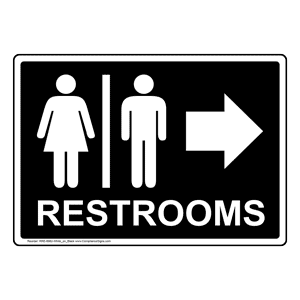
There are certain places we have all come to expect a level of privacy. Our homes and public restrooms are just a few of them. We believe that if someone is at our home, for example, he or she will ring the doorbell or knock before they enter; anything otherwise feels like an invasion of our privacy. Similarly, with a public restroom, we expect to have our own semi-private space and anything otherwise feels intrusive. Sometimes an intrusion is a physical person’s presence in a private space and other times, it is the extension of a person’s presence.
In a recent New Jersey Appeals Court case, Friedman v. Martinez, a janitor placed a surveillance camera in the womens restroom in an office building. Over 60 women claimed that they had been recorded. When the camera was discovered, the janitor fled the country. The women filed suit for invasion of privacy.
The trial level court applied traditional invasion of privacy law, which required that the women present evidence that the device had, in fact, recorded each of them specifically. This required that the women prove they were on the tapes from the camera. The trial court said, “the bottom line is [they] still have to prove the camera was there . . . . The only way they can do that is by looking at the video to establish that they were there.” Only 3 women could identify their images; the other women could not and the trial court dismissed their suits. Two years later, the building’s property manager and owner made a motion to dismiss the claims by the remaining women.
The Appeals Court first started with the “unremarkable conclusion” that placing a recording device in a restroom is an “intrusion on a user’s solitude or seclusion that a reasonable person would find highly offensive” and that the intrusion-on-seclusion tort is meant to “protect[s] against acts that interfere with a person’s mental well-being.” Where the lower court applied law that required the women to prove that they were in fact on the recording, the Appeals Court found that this approach “fail[ed] to provide full protection to a victim and g[ave] too much protection to people who secretly place recording devices in private places.” It decided that this put too much of an expectation and burden on victims to recover. It reasoned that the “peace of mind” and “comfort associated with the expectation of privacy” is paramount and should be protected.
The Friedman is a pro-victim case in invasion of privacy case law. Where the victims had to originally prove their presence on the video recording, and would only have been able to recover if they did so successfully, this Appeals Court found that the law should be less restrictive. The burden was too great to put on victims in cases where a reasonable expectation of privacy is violated. Expectations of privacy are critical to maintain so that individuals can freely participate in their lives.

